Nigeria’s next general elections could take place six months earlier than usual, as the National Assembly has proposed shifting the polls to November 2026.
The proposal is part of the Electoral Act (Amendment) Bill 2025, unveiled on Monday during a joint public hearing of the Senate and House Committees on Electoral Matters in Abuja. The bill, which seeks to repeal the Electoral Act 2022 and enact a new one, attracted lawmakers, civil society groups, and other stakeholders.
According to the draft, “Elections into the office of the President and Governor of a State shall be held not later than 185 days before the expiration of the term of office of the last holder of the office.” The lawmakers said the amendment aims to ensure all election petitions are concluded before the May 29, 2027, handover date. “The above provisions are to ensure that all litigations are concluded before swearing in,” the document stated.
Some legislators, however, warned that changing the date alone may not solve electoral disputes unless the judiciary is strengthened to manage the heavy caseload. “In a situation where a rerun is ordered by the Supreme Court at the end of 185 days, can we have a vacancy in the office of the President?” the joint committee asked.
If approved, Nigeria’s presidential and governorship elections will hold in November 2026, about six months before the current administration’s tenure ends. The amendment also introduces major reforms, including inmate voting, early diaspora voting, the use of the National Identification Number (NIN) for voter registration, and mandatory electronic transmission of results.
The bill proposes to make the Permanent Voter Card (PVC) non-compulsory, since the Bimodal Voter Accreditation System (BVAS) does not rely on the PVC microchip. It provides that every registered voter will be able to “download and print” their voter card when needed. Lawmakers said this change will curb voter card trading and make verification entirely digital, noting that it reflects adjustments in Sections 18 and 47 while deleting Section 22 of the existing Act.
Political parties will also be required to submit their list of candidates not later than 210 days before the election. The draft states that only candidates who emerge from valid primaries will be recognised, and new provisions allow candidates from rival parties to challenge the nomination process of others. Jurisdiction over pre-election matters will be limited to the Federal High Court in Abuja or where the cause of action occurred.
The legislature also plans to amend the 1999 Constitution to move the power to regulate election timelines from the Constitution to the Electoral Act, allowing more flexibility in adjusting dates without undergoing full constitutional amendments.
Leaders of both chambers pledged transparency in the process, assuring that the reforms are aimed at strengthening Nigeria’s democracy. Once passed by the Senate and House and signed into law by President Bola Tinubu, the Independent National Electoral Commission (INEC) will adjust its timetable, setting the stage for Nigeria’s earliest general elections in recent history.





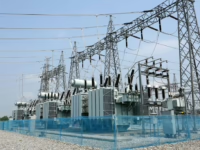
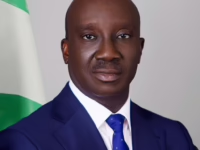
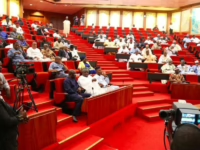
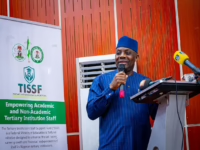
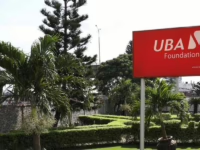


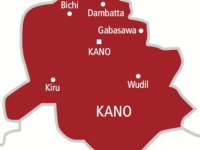

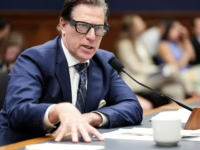
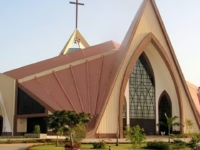


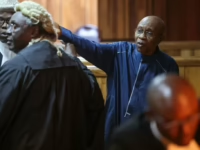
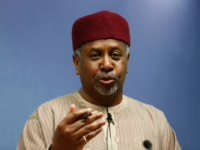

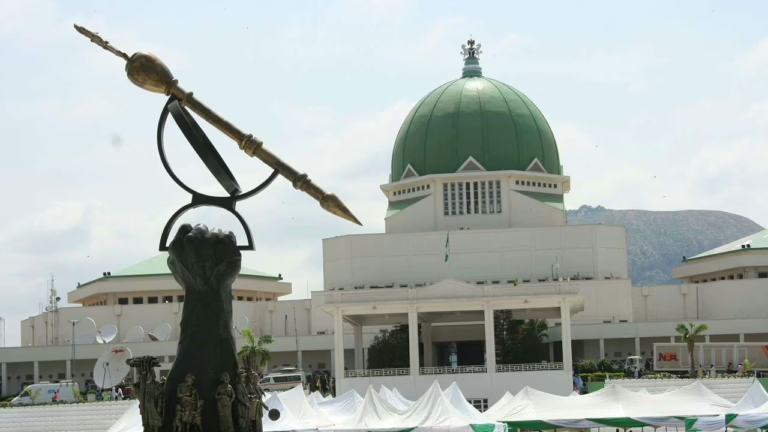
0 Comments